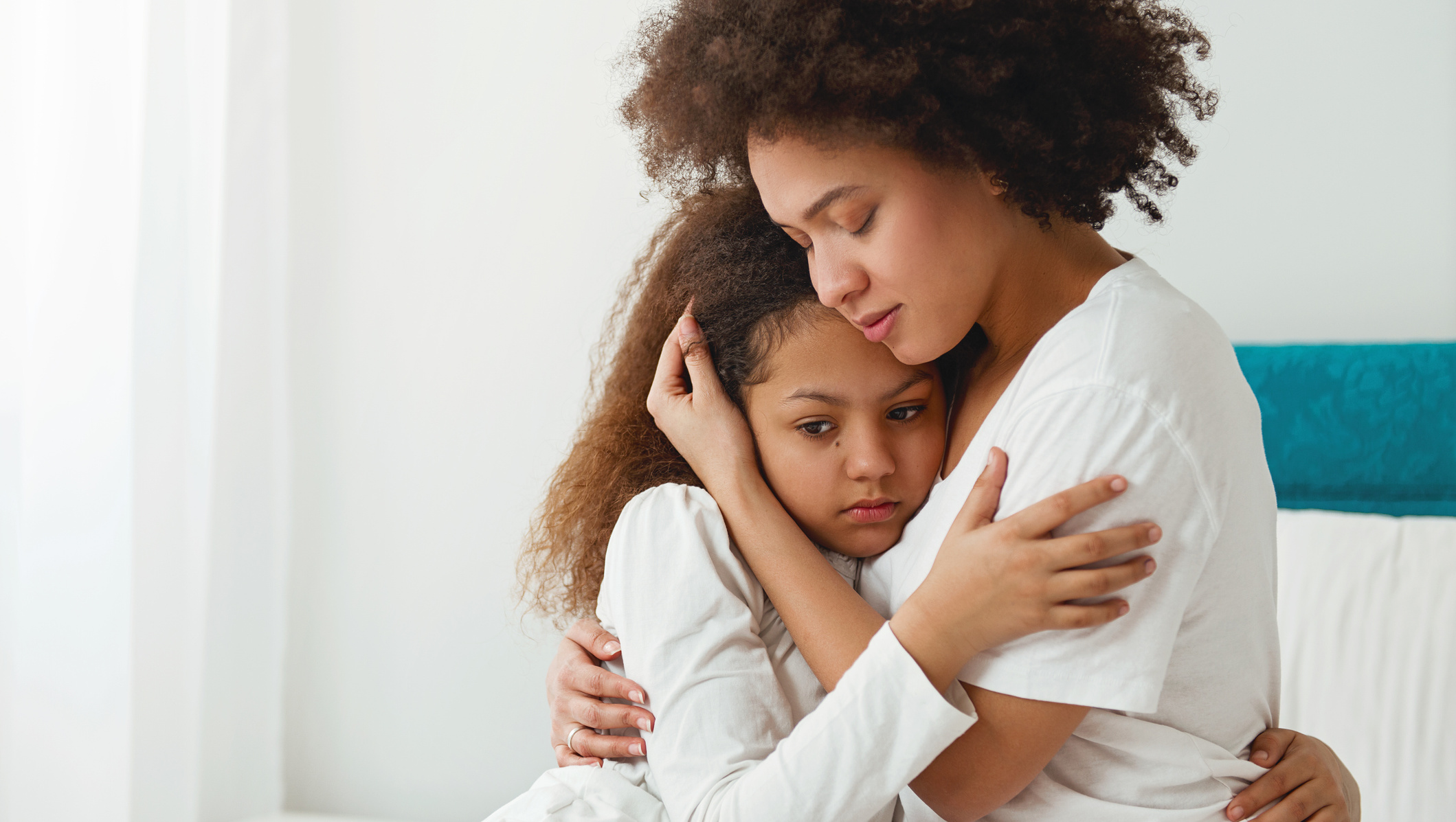The Biggest Issues Girls Are Facing Right Now: Interview with Sissy Goff, M.Ed., LPC-MHSP

This post contains affiliate links for your convenience.
It is such an honor to have you here on the Minno Life blog. Tell us a bit about why you became a counselor and specifically, a counselor for kids and young people.
I think, in reality, I set out to become what I wish I had grown up with myself. So many of us grew up with parents who loved us deeply, but our culture wasn’t talking about what was going on inside of us. I think it’s honestly a part of why today’s parents are having much better and richer conversations with their kids. The generations before us didn’t know how to talk with their kids. I wish, when was growing up, I had someone who came alongside and not only encouraged me but challenged me to grow, in a setting where I felt safe and believed in. I can’t even believe I get to do that with girls and families on a daily basis at Daystar Counseling Ministries.
What do you see in your practice is the greatest top-of-mind issue facing parents of girls today? Why?
Hands down, the greatest issue facing parents of girls today is anxiety. 1 in 4 kids today face it, and girls are twice as likely as boys to deal with what I would call the worry—anxiety continuum. And, if you’re one of those parents who were anxious growing up (but maybe didn’t have parents who talked about it), your child is seven times more likely to deal with it. Anxiety is a childhood epidemic in America today. And it’s a melting pot of a variety of causes for the girls we love. They are under an immense amount of pressure—the tests they’re taking in middle school today would rival the SAT’s of our generation. Social media for older girls, technology for all ages. The over-scheduling that is deeply embedded into our culture and the pressure that comes with that—athletically, academically, in every extracurricular avenue in a girl’s life. And we see parents who are often overcompensating for the very phenomenon many of us grew up with. Their parents didn’t understand how they were struggling as children. And so now they’re offering a great deal of understanding. But, that’s where they get stuck. The challenge comes with knowing how to move past the understanding and help develop strategies to work through it.
What simple, easy-to-implement advice would you give today’s parents of girls?
First, I would say that it’s one of the best gifts you can give the girls (and boys) in your life to pay attention to your own story. Where are any of us caring for kids out of our own deficits or pain from our past? Because that will undoubtedly seep over into their lives and stories. Research says that parents who are anxious even use more catastrophic language with the kids you love. “That sounds terrible!” for example. We want to be aware of what’s happening inside of us and then how that can, in turn, impact them. And then, I would say help them find their way to healthy coping strategies—not just to process their emotions, but to work through them. I wrote a book this year on girls and anxiety called Raising Worry-Free Girls. In it, the definition I came up with was “Anxiety is an overestimation of the problem and an underestimation of herself.” We want the girls we love to see their problems as smaller and themselves as a whole lot bigger.
What was your biggest struggle as a girl growing up? How does that impact how you guide girls in your work today?
I think my biggest struggle was an area that has turned into one of my greatest gifts. I was too aware—too aware of how people felt around me, how they responded to me, how they were feeling in general. As a child and teenager, I ended up very self-conscious. I also was so tuned in to what was happening around me that I often wasn’t aware of what was happening inside of me. I now know the real name for that is intuition . . . and it is a profound gift that comes with being a girl and woman. My hope is that I can help girls 1) see how the very things that trip them up are actually profound gifts that God has given them that can be used for good and 2) that their voice and feelings and all that is happening inside of them matters. Girls truly can use their gifts to change the world—once they learn to believe that.
Girls tend to get a bad reputation for being mean. Why do you think girls struggle with this? What can parents do to change the mean girl culture?
I’ve really seen the meanness of girls happen for two different reasons: One is that they’re often insecure. It’s a survival instinct—trying to be in the center of the social life raft, so I’ll knock anyone off who threatens me. Or, it’s a girl who struggles with impulsivity and a lack of awareness socially. She hurts others without intending to, as a result of her humor or some other means to get attention. If she’s the latter, I would suggest trying to get to the bottom of the impulsivity and helping her learn some self-regulation strategies. If she’s mean from a place of insecurity, talking with her about it and helping her find some places where she can develop some genuine confidence. And, in both situations, I believe helping her develop empathy can be at the heart of softening the meanness. We’ve got a chapter in our book Are My Kids on Track? with ideas to help and an entire episode in our podcast devoted to the same idea!

SISSY GOFF, M.Ed., LPC-MHSP is the Director of Child and Adolescent Counseling at Daystar Counseling Ministries in Nashville, Tennessee, where she works alongside her counseling assistant/pet therapist, Lucy the Havanese. Since 1993, she has been helping girls and their parents find confidence in who they are and hope in who God is making them to be, both as individuals and families. Sissy is a sought-after speaker for parenting events and the author of eleven books, including the bestselling Raising Worry-Free Girls and Braver, Stronger, Smarter (for elementary-aged girls). Sissy is a regular contributor to various podcasts and publications including FoxNews.com, as well as her own podcast Raising Boys and Girls. You can find more information and resources at Raising Boys and Girls.